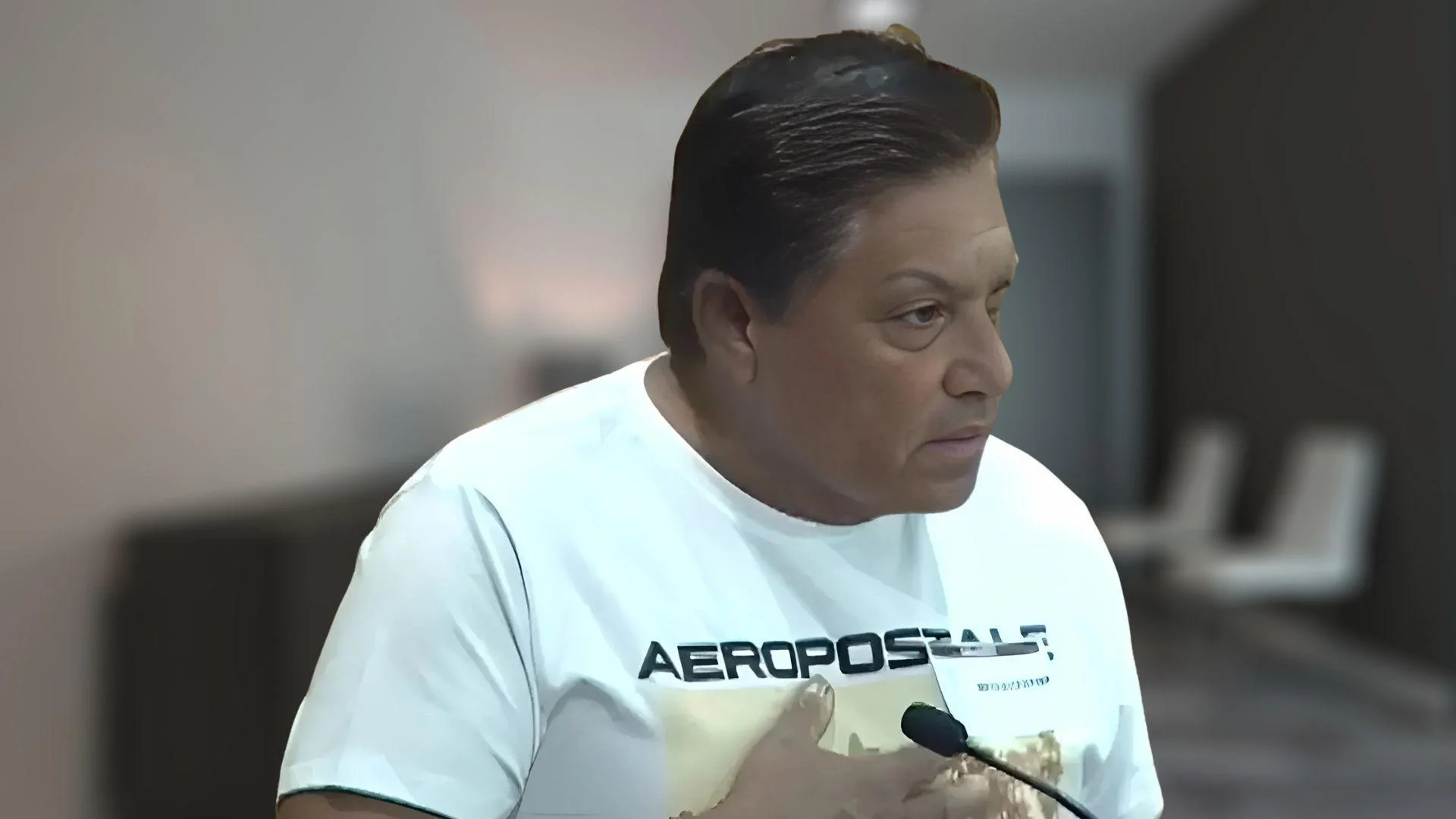Commenting on this delicate operation, Mustafa Azimov, First Deputy Director at Silk Way Airlines, said in a statement seen by the STAT Times: "I would like to thank the entire rescue team engaged in this mission, especially the crew, for their exceptional efforts during takeoff, flight, and landing. They ensured the journey was smooth and stress-free for the animals and delivered them safely to their new home."
"This operation was very difficult and sensitive, but together we undertook a painstaking job that lasted about three months in total, ensuring it would be a success. We are proud to have been part of this unique mission to rescue these two magnificent whales."
It is worth noting that this was not the first time beluga whales were transported by air. Cargolux previously completed a successful 6,000-mile flight from China to Iceland, transporting two former captive belugas, Little Grey and Little White.
Silk Way West Airlines is an Azerbaijani cargo carrier based at Heydar Aliyev International Airport (GYD) in Baku, Azerbaijan. It operates as a subsidiary of the Silk Way Group alongside its sister airline, Silk Way Airlines.
According to Planespotters.net data, the cargo airline currently has a total of 16 aircraft in its fleet, including ten Boeing 747s, four Ilyushin Il-76s, and two Boeing 777 freighters—the newest additions to Silk Way's fleet.
The newer Boeing 777 freighters have been replacing the carrier's aging Boeing 747-400Fs. Commenting on the addition of Boeing 777Fs, Silk Way Airlines Vice President Vugar Mammadov said at the time: "We are immensely proud to witness this momentous occasion as our new aircraft, the Boeing 777F stretches its wings for the first time. This marks the beginning of an exciting chapter for our airline as we continue to uphold the highest standards of safety and reliability while embracing the evolving landscape of cargo transportation. I am confident that our fleet renewal and expansion will further strengthen the company's leading position in the global airfreight market for the next 15-20 years."
 Alerts Sign-up
Alerts Sign-up




































